Researchers have created an improved material for arterial stents, which could alleviate the symptoms of coronary artery disease and reduce the risk of heart attack in patients.
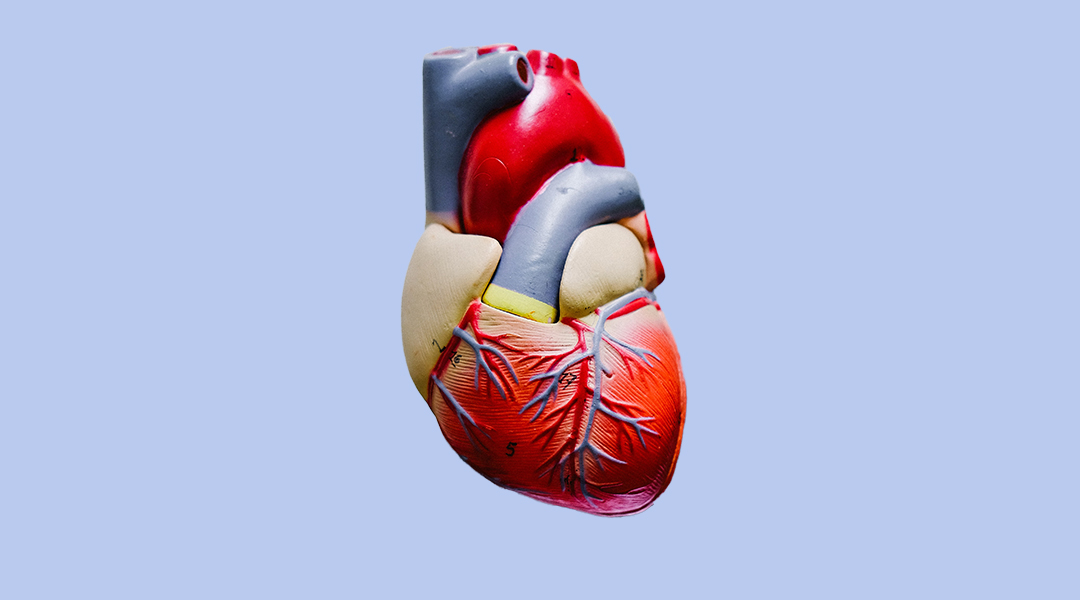

Researchers have created an improved material for arterial stents, which could alleviate the symptoms of coronary artery disease and reduce the risk of heart attack in patients.
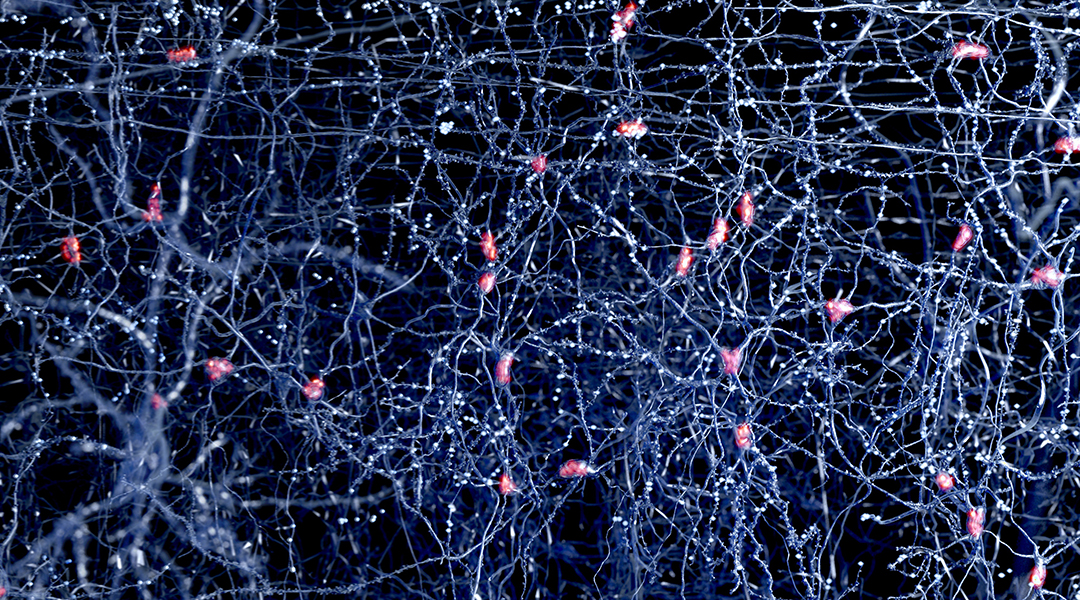
A new type of hydrogel could radically transform a novel stem cell treatment for Parkinson’s disease.
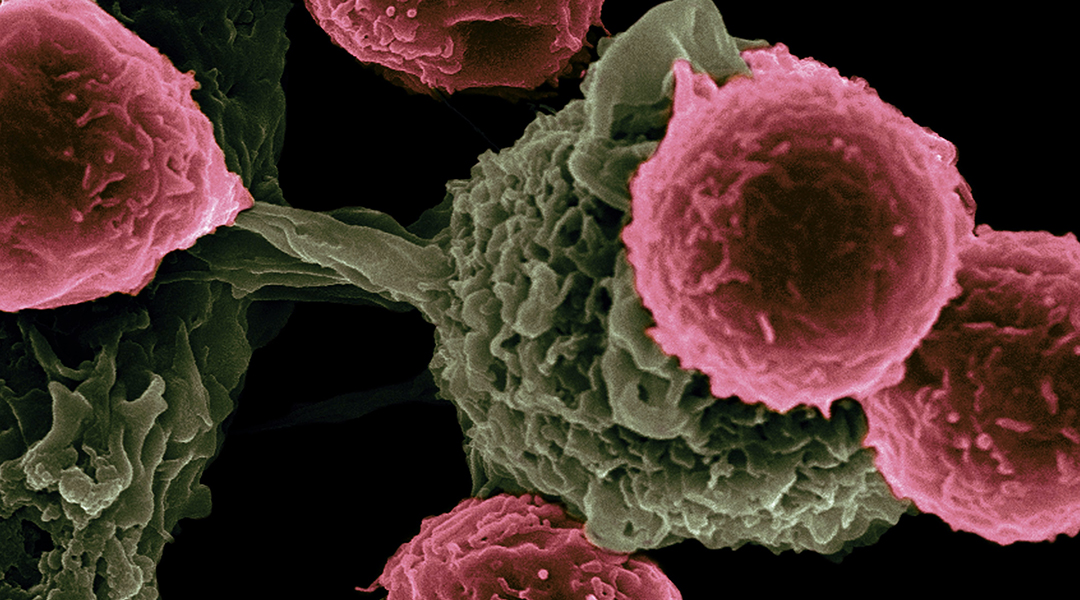
Nanovesicles that directly attack tumors and promote sustained tumor killing by resident T cells could enhance the effectiveness of tumor immunotherapy.

“Brain-on-a-chip” shows minute-by-minute how the blood–brain barrier reacts to high levels of inflammation.
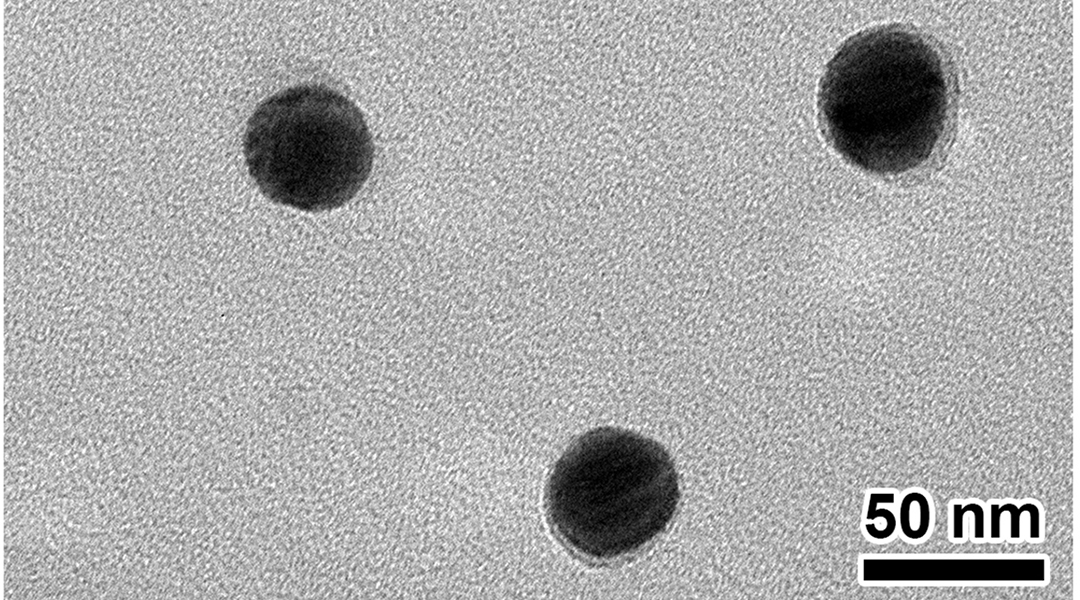
Scientists are looking to improve the outlook for patients with bladder cancer by advancing a laser-based photothermal therapy.
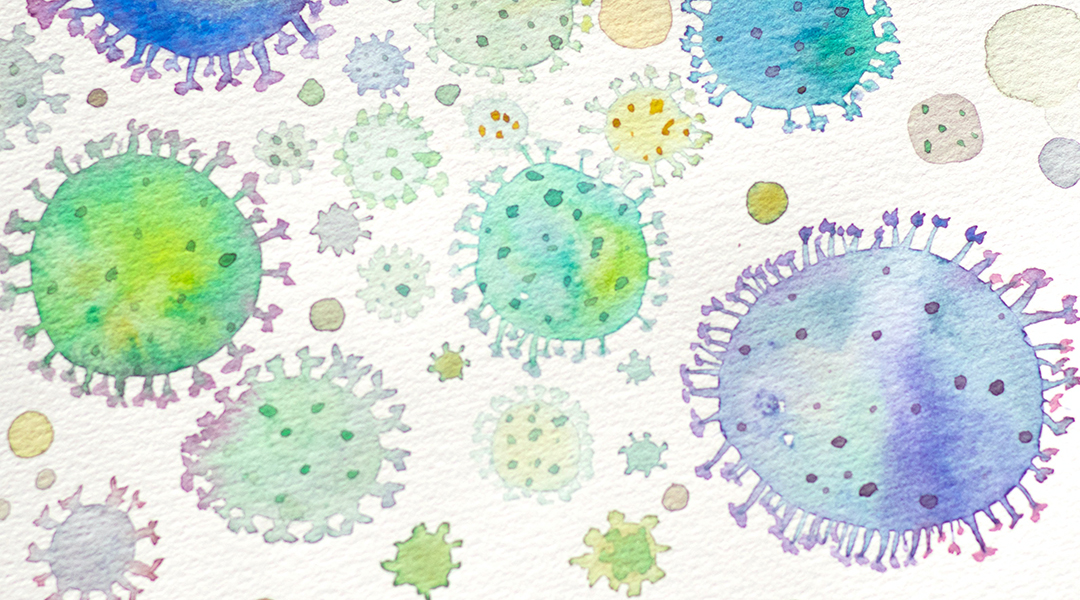
A polymer composite spray was shown to not only limit SARS-CoV-2 infection, but also hinders transmission in this proof-of-concept study.
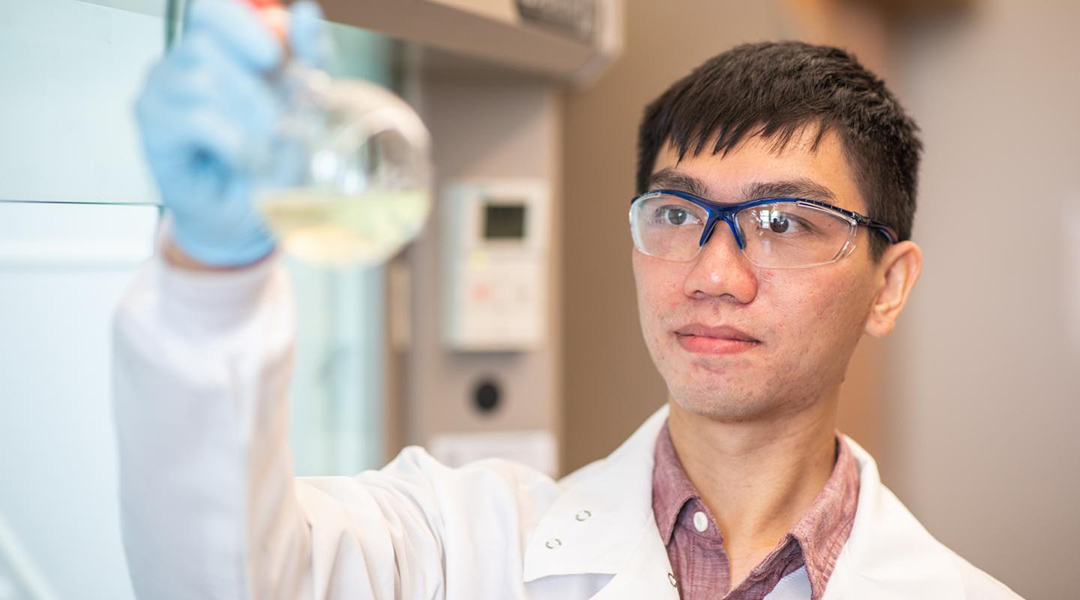
A new class of hydrogels leverage light for better drug delivery and regenerative medicine treatment.

Self-propelling microparticles enhance the dissolution of drugs in the stomach, achieving better bioavailability without the side effects of high dosing.

A new drug-laden gel allows for better levels of uptake in both the blood and the brain.
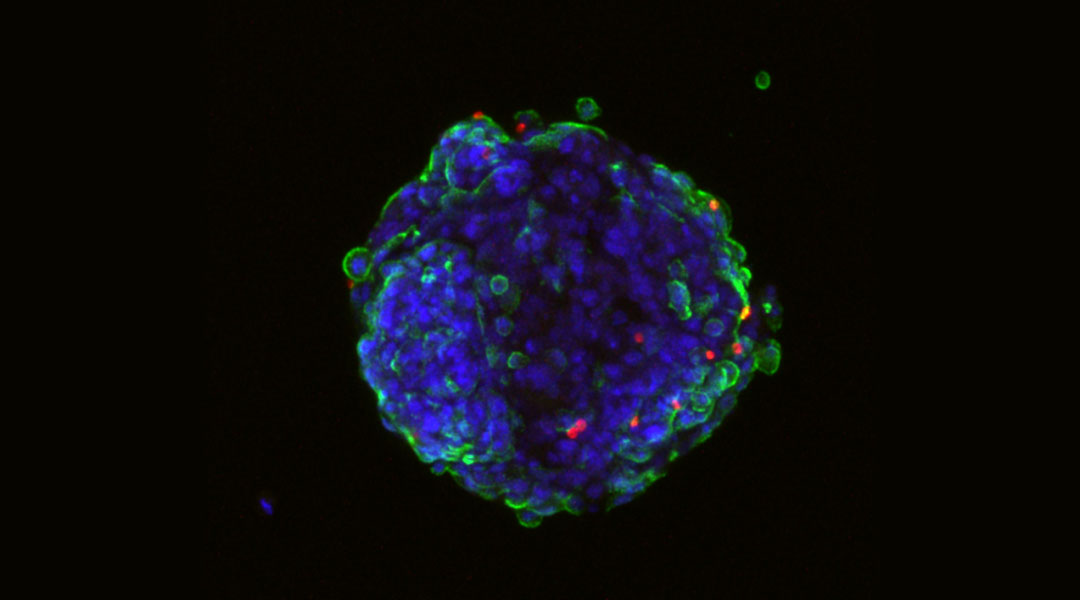
Researchers uncover how malaria infiltrates the blood–brain barrier and contributes to disease severity.